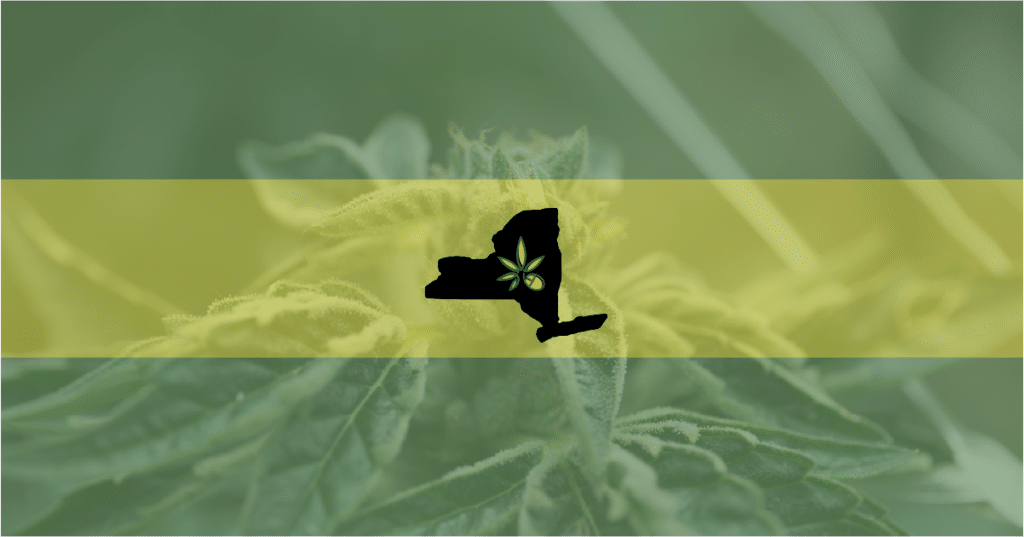While it is all but certain that Gov. Michelle Lujan Grisham will soon sign legislation that legalizes the sale and use of recreational marijuana in New Mexico for adults 21 and older, the sharing of information to consumers and businesses through the state Regulation and Licensing Department (Cannabis Control Division) has already begun. Here are some of the most important points:
Rules For Cannabis Consumers
- Possession of cannabis will be decriminalized with residents 21 and up being allowed to possess up to 2 ounces (57 grams) of marijuana for personal use. A limit of 800 milligrams of edibles and 16 grams of weed concentrates will also be covered under the new legislation.
- Residents would be allowed to grow up to 6 plants at home or 12 plants per household respectively.
- Recreational cannabis sales will begin April 1, 2022.
Retail Prices for Marijuana
- The legislation will reform current medical cannabis laws by eliminating sales tax on medical marijuana and seeking to secure medicinal supply for all communities.
- In comparison to other states, prices for recreational cannabis will initially be set high. As the market develops, prices should drop considerably.
- Part of the new legalization bill provides state regulators with the power to charge special licensing fees of up to $50 per plant on an annual basis as well as limit mass production. This could potentially drive retail costs up.
Use of Cannabis In Public
- For a fee, the state will also award licenses to establish so-called “cannabis consumption areas”. These will be indoor and outdoor areas businesses establish that operate similar to bars and lounges.
- Use of cannabis may be permitted in designated hotel rooms, specially designated areas of casinos, and tobacco stores.
- In other public areas, consumption of marijuana will be treated much like alcohol or cigarettes.
- While local governments cannot prohibit cannabis businesses, they can establish zoning regulations on locations of a business and requirements for hours of operation.
Taxes, Fees, and Licenses
- Included in the array of legislative measures is an initial excise tax of 12 percent on recreational cannabis sales that eventually would increase to 18 percent by 2030. This tax would be in addition to a current gross receipts tax on sales that ranges from 5% to 9% annually.
- No limits on the number of business licenses or subsequent facilities a licensee can open will exist under the new bill. But new licenses could stop being issued if regulators determine that “the market equilibrium is deficient”.
- In an effort to level the playing field and promote entrepreneurship in an industry that is often run by investors with considerable capital, licenses for small cannabis micro-business can be obtained. This will allow these micro-businesses to grow up to 200 plants, process, and sell their product under a single license.
- Tribal governments in the state of New Mexico will have the opportunity to participate in the state’s legal cannabis industry according to the new law.
Social Justice Reforms
- Criminal drug sentences of about 100 current prisoners will be reexamined through an automated system for reviewing and expunging criminal records of past marijuana offenses. This procedure of pardons and expungement of records does not apply to convictions on trafficking larger quantities of illegal marijuana.
- Past drug offenses would not automatically bar applicants for seeking marijuana business licenses.
- The odor of marijuana or suspicion of possession would no longer be sufficient evidence to stop, search, and detain individuals.
Additional Resources:
At The Weed Blog, we strive to produce the latest online news resources regarding marijuana. We also review various strains of cannabis or other edible counterparts. We are committed to helping you find valuable information about marijuana on our website. With marijuana laws constantly changing, learn from us what you can do to promote activism in your area. Otherwise, consider these other top-tier articles regarding cannabis:
States Ranked by Recreational Marijuana Tax Revenue
Crime Is Down and Tax Revenue Is up in Denver after Cannabis Legalization
Marijuana Tax Revenue Surpasses Alcohol Tax Revenue in Colorado





